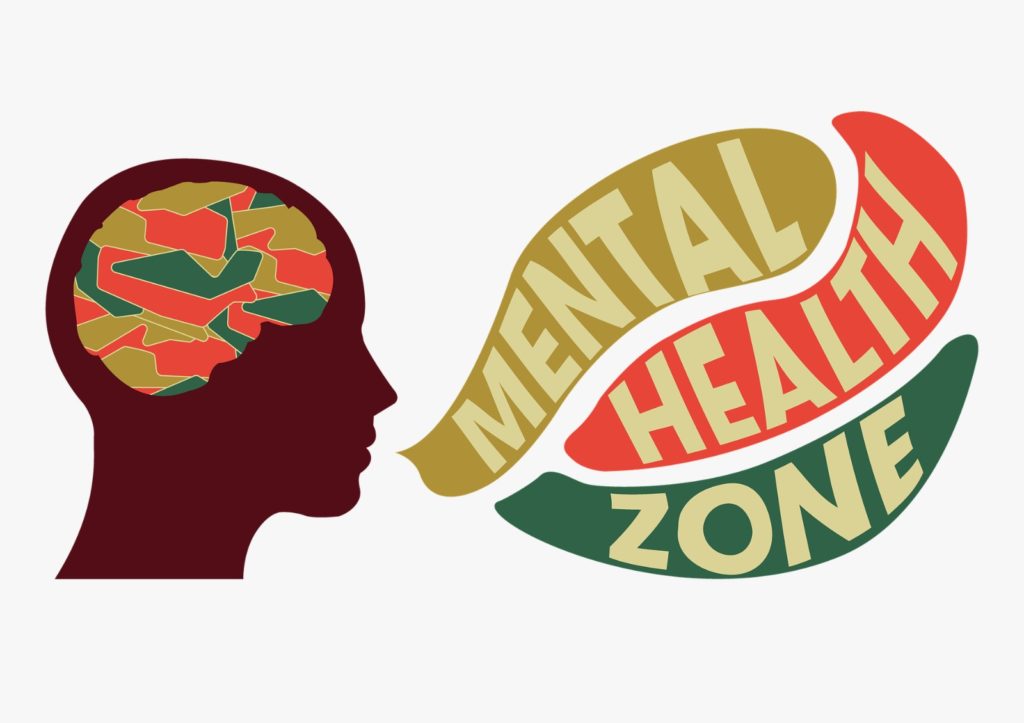

Close


In Pakistan Mental well-being is an important aspect of health and wellness that is often overlooked. Mental health problems such as depression, anxiety, and PTSD are on the rise in the Pakistan, and many people are not getting the support and treatment they need to manage these conditions. In this blog, we will explore the state of mental well-being in Pakistan and strategies that can be used to improve it.
State of Mental Well-being in Pakistan
According to the World Health Organization, one in four people globally experience mental health problems at some point in their lives. In Pakistan, mental health problems are a significant concern, with an estimated 34 Percent of the population experiencing depression and 19 percent experiencing anxiety.
Due to increase of mental health problems, many people in Pakistan do not seek professional help due to social stigma and a lack of resources. Mental health services are often limited and inaccessible, particularly in rural areas. Mental health is not a priority in the public health system, and funding for mental health services is limited.
Strategies to Improve Mental Well-being in Pakistan
Increase Awareness and Education: A lack of awareness and understanding of mental health problems contributes to stigma and prevents people from seeking help. Education campaigns can be helpful to increase awareness of mental health problems and reduce stigma.
Improve Access to Mental Health Services: Access to mental health services needs to be improved, particularly in rural areas. This can be done by providing financial help for mental health services, training more mental health professionals, and incorporating mental health into primary healthcare.
Address Social Stigma: Addressing social stigma around mental health is critical to improving mental well-being in Pakistan. This can be done through community education and awareness campaigns that promote understanding and acceptance of mental health problems.
Increase Support for Vulnerable Populations: Vulnerable populations, such as women, children, and refugees, are at higher risk of mental health problems. Providing sufficient amount of targeted support and services to these groups can be helpful to improve mental well-being.
Promote Self-care and Stress Management: Strategies such as mindfulness, exercise, and stress management techniques can help to improve mental well-being. Promoting self-care and stress management can help individuals better cope with stress and improve overall mental health.
Improving mental well-being in Pakistan requires a comprehensive approach that addresses social stigma, improves access to mental health services, and promotes education and awareness. By prioritizing mental well-being, we can help to create a healthier and more resilient society. We must have to work together to ensure that everyone has access to the support and services they need to achieve good mental health.
